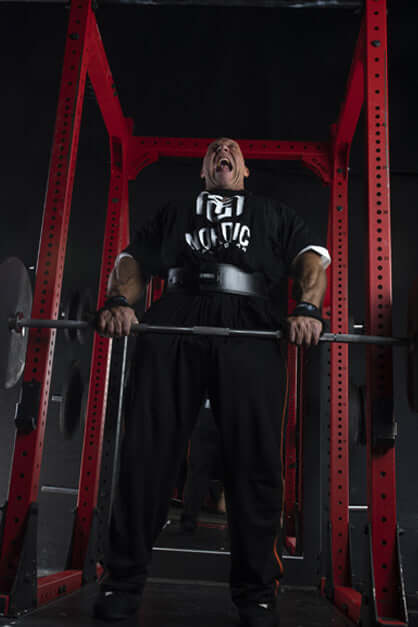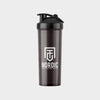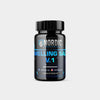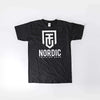YOUR SHOPPING CART
FREE SHIPPING OVER 54 €
Menu
-
Products
-
null  Lifting Straps
Lifting Straps -
null  Lifting Belts
Lifting Belts -
null  Nordic Grips
Nordic Grips -
null  Knee Sleeves
Knee Sleeves -
null  Elbow Sleeves
Elbow Sleeves -
null  Wrist Wraps
Wrist Wraps -
null  Knee Wraps
Knee Wraps -
null  Smelling Salt
Smelling Salt -
null  Supplements
Supplements -
null  Neoprene Shorts
Neoprene Shorts -
null  Grip Shirt
Grip Shirt -
null  Deadlift socks
Deadlift socks -
null  Gym Chalk
Gym Chalk -
null  Lifting Shoes
Lifting Shoes -
null  Strongman Tacky
Strongman Tacky -
null  Stone Sleeves
Stone Sleeves -
null  Sandbags
Sandbags -
null  Calf & Shin Sleeves
Calf & Shin Sleeves -
null  Compression Cuffs
Compression Cuffs -
null  Accessories
Accessories
BY CATEGORY
- Best Seller
- News
- Kits & Bundles
- Sale
- Strongman
- About us
- Articles
FOLLOW US
© 2026 Nordic Training Gear.

 Best Seller
Best Seller Sale
Sale News
News Lifting Straps
Lifting Straps Lifting Belts
Lifting Belts Nordic Grips
Nordic Grips Knee Sleeves
Knee Sleeves Elbow Sleeves
Elbow Sleeves Wrist Wraps
Wrist Wraps Knee Wraps
Knee Wraps Smelling Salt
Smelling Salt Supplements
Supplements  Neoprene Shorts
Neoprene Shorts Grip Shirt
Grip Shirt Deadlift socks
Deadlift socks Gym Chalk
Gym Chalk  Lifting Shoes
Lifting Shoes Strongman Tacky
Strongman Tacky Stone Sleeves
Stone Sleeves Sandbags
Sandbags Calf & Shin Sleeves
Calf & Shin Sleeves Compression Cuffs
Compression Cuffs Accessories
Accessories



 Lifting Straps
Lifting Straps Lifting Belts
Lifting Belts Nordic Grips
Nordic Grips Knee Sleeves
Knee Sleeves Elbow Sleeves
Elbow Sleeves Wrist Wraps
Wrist Wraps Knee Wraps
Knee Wraps Smelling Salt
Smelling Salt Neoprene Shorts
Neoprene Shorts Grip Shirt
Grip Shirt Deadlift socks
Deadlift socks Lifting Shoes
Lifting Shoes Strongman Tacky
Strongman Tacky Stone Sleeves
Stone Sleeves Sandbags
Sandbags Calf & Shin Sleeves
Calf & Shin Sleeves Compression Cuffs
Compression Cuffs Accessories
Accessories









